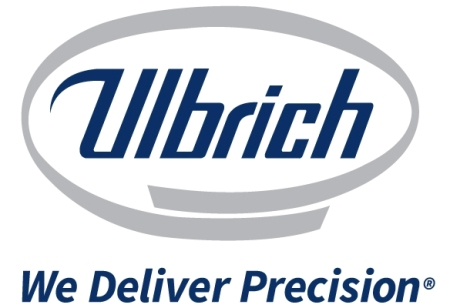Titanium is a transitional metal that is popular and commonly used in the manufacturing of various products including tennis rackets, jewelry, surgical tools, and much more.

It comprises the strength of steel at just half the weight and is double the strength of aluminum at slightly above 50% of the weight. Therefore, titanium is in high-demand as a component for the creation of a countless number of products, due to its desirable characteristics including exceptional corrosion-resistance.
There are two different types of titanium:
This guide will further enhance your understanding of the differences between Alpha-Beta Titanium and Commercially Pure Titanium, as well as learning how the use of both versions of titanium can help increase your bottom line.
Choosing the Best Titanium for Your Manufacturing Needs
When considering which kind of titanium is best to fit your needs, there are several factors that must be taken into account. Firstly, it is necessary to ensure that the selected variant will satisfy the requirements to produce a supreme end-product.
In many instances, for example, in the aerospace and medical industries, lives will come to depend on the quality of the finished product. Subsequently, when choosing a titanium variant that will meet the requirements, cost-effectiveness becomes the other key factor.
Simply put, paying too much for a product that overshoots your needs is not an attractive prospect. Yet, neither is wasting money on titanium that doesn't satisfy the requirements. For many, Alpha-Beta titanium possesses all of the desired characteristics needed to guarantee a quality product, while maintaining low production costs.

For more information about the different types of Titanium, read our article “Alpha Titanium Vs. Beta Titanium Vs. Commercially Pure Titanium” today!